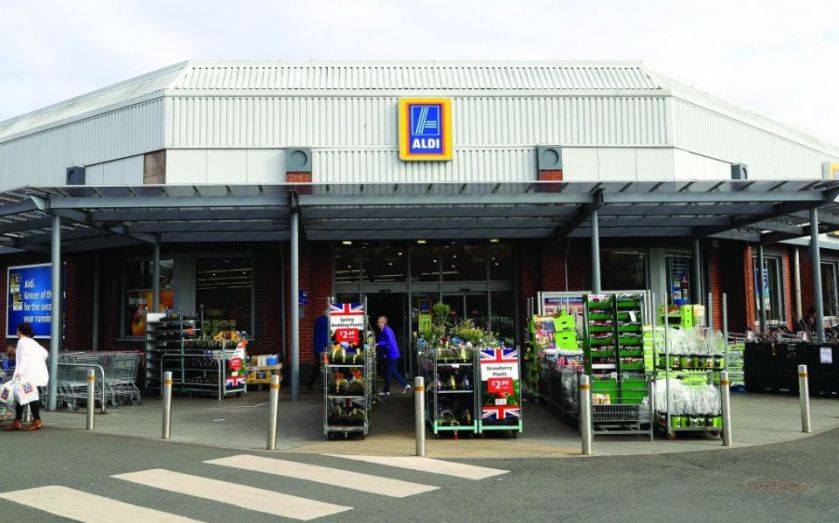Don’t worry about zero UK inflation: The outcome of the election will be far more significant for markets

Britain narrowly avoided heading into deflation last month, with prices unchanged compared to a year ago. But over the past six months, prices have fallen by 1 per cent annualised after adjusting for seasonal trends.
Should we worry about deflation and the prospect of falling prices? Well, after stripping out some of the more volatiles prices like energy and food, so-called “core” inflation prices are growing by around 0.8 per cent over the past half-year.
In 2000, we actually saw core inflation turn negative and core prices were lower in 2009 as well. History also shows us that periods of mild and persistent deflation do not rule out strong growth – particularly during times of major technological change.
STEADY RECOVERY
We do not see a persistent slip into deflation across the globe, but rather a steady recovery in prices ahead – nothing likely to spook markets or worry central bankers. In the UK, the strength of the pound over the past year and weak commodity prices have driven inflation lower, but the recent weakness of sterling versus a buoyant US dollar is starting to raise commodity prices for UK consumers – especially petrol.
Intense competition in the food market, known as “the Aldi effect”, is easing. According to Bernstein research, Aldi was 25 per cent cheaper than Tesco on branded goods in September 2014, but is now only 7 per cent cheaper. Importantly, away from the low prices of the goods we buy, we see little change in the dynamics of services pricing, with inflation steady at 2 to 2.5 per cent per year.
GROWTH ALL ROUND
Low inflation is boosting growth. Unemployment in the UK is low, and heading lower. And while growth in average earnings has been lacklustre, for those who have been in continuous employment, there are signs of wage rises. The US has exhibited a similar trend, but is now actually starting to see broad wage growth. We think wage inflation will accelerate here as well, even in the UK’s very flexible jobs market.
This outlook points to a Monetary Policy Committee that will feel obliged to raise interest rates soon, but low inflation will stay the Bank’s hand for some time yet, most likely until spring 2016. Another year of super-low interest rates is good news for the UK equity market, particularly mid and small-size stocks.
ELECTION UNCERTAINTY
Some commentators worry that the longer these emergency policies persist, the worse the hangover will be when rates rise. We do not share those concerns. UK households have been very responsible with low mortgage rates, using them to speed up the repayment of capital – a record net £13bn was repaid in the final three months of 2014 alone. Bonds, meanwhile, will be driven more by international trends – notably when the US raises interest rates, which is no longer expected this year.
Unfortunately, this rosy outlook is complicated by the General Election. Will sterling fall sharply if the election outcome is not investor-friendly, as some are now betting in currency markets? Will fiscal austerity be jettisoned in the next Parliament if all the latest throw-away policies are to be believed? A sharp fall in the pound and a less tight control of the public finances would likely raise the Bank’s forecast for inflation.
One certainty is that the formation of a minority government, and the policies that will shape the next five years, are of bigger concern for investors than the outlook for inflation or rate hikes.